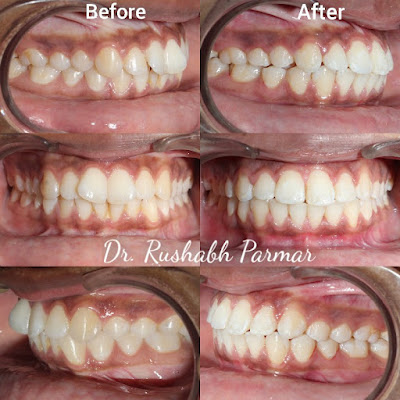Complete Denture Overview
What is Complete Denture?
Complete dentures refer to a full set of replacement teeth that are used in the lower (mandibular) or upper (maxillary) regions to replace teeth that have been removed due to serious gum disease or tooth decay.
A dentist’s role is to ensure that teeth are saved as much as possible. If not, at least much of the structure is preserved. Nevertheless, when the damage is severe, the teeth are extracted as a last option.
If there are remaining teeth, the option is a partial denture, which can also act as a bridge. When several teeth in the upper or lower section have to be removed, complete dentures are the best option.
Complete dentures can be immediate or conventional. They are conventional when they require multiple dental visits and when impressions are obtained only after the teeth have been removed and the gums are healed. On the other hand, immediate dentures are ready even before the teeth are extracted. This way, the patient doesn’t leave the clinic without teeth. These are readjusted once the gums have fully healed.
Complete dentures can be immediate or conventional. They are conventional when they require multiple dental visits and when impressions are obtained only after the teeth have been removed and the gums are healed. On the other hand, immediate dentures are ready even before the teeth are extracted. This way, the patient doesn’t leave the clinic without teeth. These are readjusted once the gums have fully healed.
Who Should Undergo?
Complete dentures are recommended if:
All set of teeth has been removed
There are issues with the bite due to missing teeth
Missing teeth make the patient less confident – One of the reasons why many prefer to get dentures is they want to boost their self-confidence. Missing teeth can certainly make someone feel more conscious, embarrassed, or even feel depressed.
Dentures have the tendency to become loose, and nothing is more embarrassing than accidentally dropping them in public. Fortunately, there are already over-the-counter dental adhesives, which can help secure the base to the mouth. Further, the patient may have to regularly visit the dentist for readjustments.Some of the dentures may look unnatural, which may mean it’s easy for others to know you’re wearing them.
Reference:
Stevenson RB. Denture Care. J Am Dent Assoc. 2011;142(6): 596-8.





.jpg)

Comments
Post a Comment